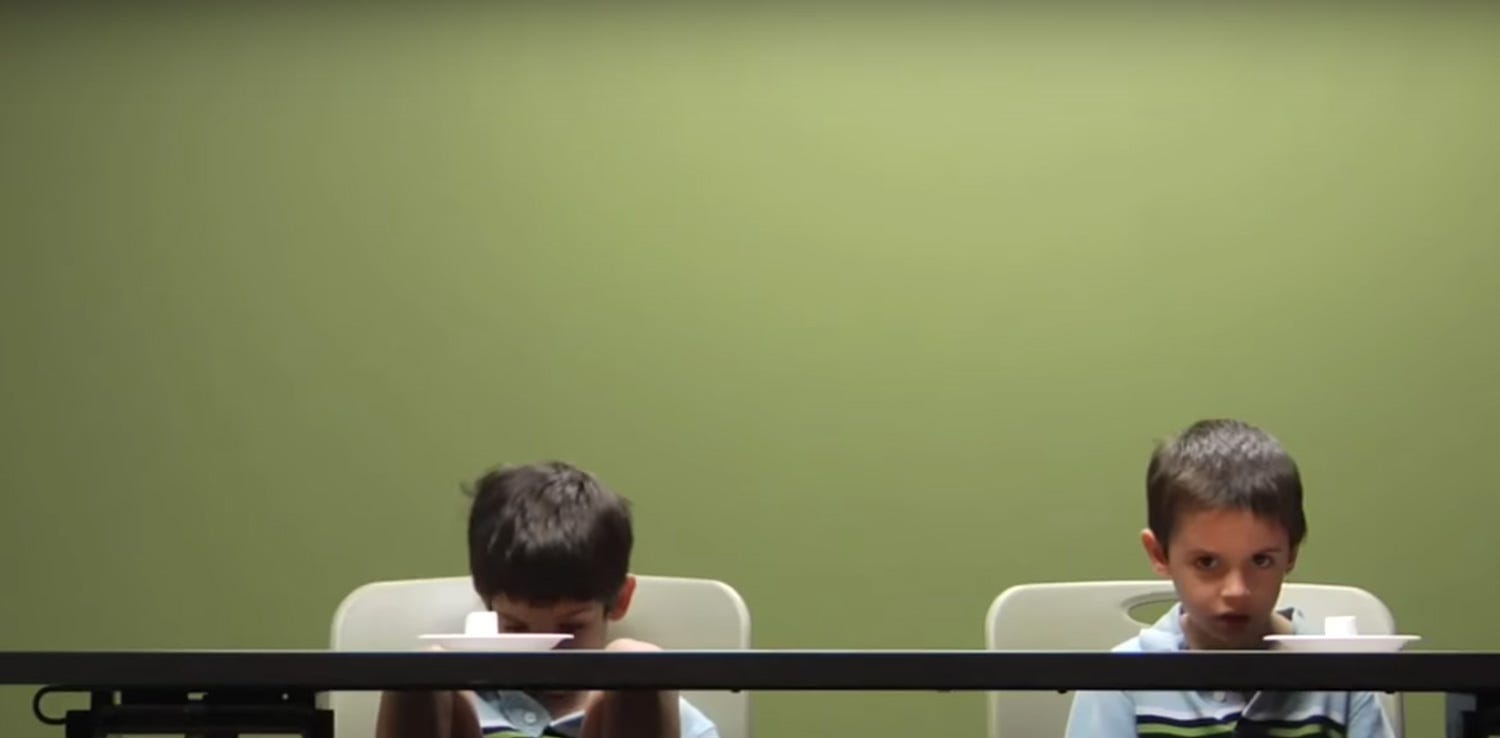Growing a Chinese Bamboo Tree requires sunlight, water, fertile soil and nourishment. It’s not unlike most plants in that regard.
However, it’s a great deal different in that it also requires something more — patience.
When the bamboo farmer sets the seeds in the Earth and cares for the plant, after the first year he has nothing to show for his work.
The second year? Nothing.
The third year? Still nothing.
The fourth year? You guessed it, nothing.
However, by the fifth year, something truly magical happens,
In the matter of a single season, the Chinese Bamboo Tree can grow as much as 80 feet.
Us and our work are not unlike the farmer and his bamboo — we must be patient and commit to nourishing and fostering our work (for sometimes years at a time) before we see it shoot high above the ground.
But being patient is easier said than done.
This idea of waiting years to reap the spoils of your hardwork is certainly a romantic idea, but one that few follow.
Embracing the waiting game is challenging when you’re in the midst of the waiting.
Our brains on constant notifications not only test our ability to delay gratification but have momentarily disabled it.
While I think studies that claim humans have shorter average attention spans than 8 seconds to be embellished, I do think they hint at a problem developing in our technology dominated world — we have difficulty focusing and as a result we have difficulty delaying gratification.
It’s easy to blame every problem we experience today on technology but in this circumstance we can’t — or at least not entirely.
Long before the first smartphone had clawed its way deep into our back pockets, it seemed that folks still had a problem with the whole delayed gratification thing.
In fact, we’ve been struggling with it since we were kiddos.
The Marshmallow Experiment.
Back in the 1960’s, a Stanford professor initiated a series of fascinating psychological studies that shed some light on the impact of delayed gratification on success.
Playfully dubbed The Marshmallow Experiment, Walter Mischel and his team of scientists put hundreds of children through a simple test.
They placed each child in a room by themselves with a single marshmallow.
Before leaving the room, the scientists gave each child a choice — they could either eat the marshmallow or they could wait and be rewarded an additional marshmallow for their patience.
The scientists then left for 15 minutes.
What’s fascinating about this experiment is that the scientists continued their research as the children grew into teenagers and later adults.
In fact, in total, the study lasted 40 years, which in and of itself is a great example of delayed gratification.
What the scientists found was that the children who showed an ability to delay gratification and wait for the second marshmallow displayed higher test scores, healthier stress management, stronger social skills and lower chances of obesity down the road.
While scientists certainly found a correlation between delayed gratification and success, I don’t think anyone’s fate can truly be determined by whether or not they gave into eating a marshmallow one time as a kid.
But there is something we can take away from The Marshmallow Experiment:
Our ability to delay gratification can have an impact on our success.
But how can get better at delaying gratification so we can reap the rewards in the future?
The art of delaying gratification
If willpower was purely genetic, almost everyone would be obese, drug addicts and unsuccessful.
Our ability to delay gratification can be conditioned. This requires embracing “boredom”, the most important emotion that helped me to grow Jotform to 3.7 milllion users.
Call it boredom, attention, willpower, or patience. Our ability to restrain our impulses, is something we can strengthen by simply working that muscle out each and every day.
Creating discipline around our smartphones and technology usage could be a good starting point.
In Why productivity isn’t the only thing your smartphone is stealing from you, I highlighted why and how we can cut back by creating windows where we aren’t allowing ourselves to use them.
A little self-awareness goes a long way. To begin strengthening your ability to restrain impulses, I would recommend pinpointing the things you find addictive, pleasurable and perhaps destructive when overused.
Let’s take email for example. Notice you’re checking your email 25x a day? Challenge yourself to only check it 3x a day at 9 a.m., 12 p.m. and 5 p.m.
The same can be said for Netflix. Finding yourself watching hours of Netflix each night? Challenge yourself to binge watch Netflix just once during the week and once on the weekends.
While cutting back on addictive and pleasurable activities is certainly a move in the right direction, challenging yourself to actually delay gratification is when the real progress begins.
And such progress over time can help you to build sustainable systems and habit, instead of relying on willpower alone.
So, whether it be bamboo, marshmallows, smartphones, ice cream, money or life… delayed gratification is a practice worth strengthening — one step at a time, it took me 12 years.















Send Comment: